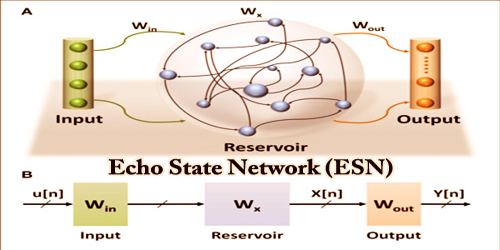A short refinancing is a refinancing agreement that serves a particular purpose; it is a financial concept that refers to a lender’s refinancing of a mortgage for a borrower whose mortgage payments are already in default. To help a borrower escape default, lenders temporarily refinance a mortgage. A short refinance isn’t equivalent to money out renegotiate or a conventional renegotiate credit. The moneylender consents to supplant his own present advance with another one and takes care of the distinction. Typically, this new loan has a lower balance, and borrowers typically get a new interest rate, frequently lower than their previous interest rate, resulting in a decreased mortgage payment. In spite of the fact that the installment on the new advance will be lower, a bank once in a while picks a short renegotiate on the grounds that it is more practical than dispossession procedures.
A short refinancing takes place when the loan balance of the borrower is more than the value of the land. As it needs a willing investor, it can be more difficult to obtain than a standard refinancing loan. The lender can be forced to foreclose on the home when a homeowner does not pay their mortgage. A mortgage or home loan, perhaps the most widely recognized obligation instruments, is a credit made sure about by the security of indicated land property that the borrower is obliged to repay with a foreordained arrangement of installments. They’re making an investment when a lender gives a mortgage to a homebuyer. The primary risk is that later, the buyer would default on loan payments.

Example of Short Refinance
Homeowners may seek a brief sale to get out of the mortgage in that case. Or, mortgage proceedings may be launched by the lender. The landlord wouldn’t be able to maintain the house either way. In the event that a moneylender is keen on assisting a borrower with remaining in their home, they can consent to a short renegotiate all things being equal. Mortgages are utilized by people and organizations to make huge land buys without paying the whole estimation of the buy-in in advance. The borrower repays the loan, plus interest, over a period of several years until, finally, they own the property openly and simply.
Having a lender to agree to it is the toughest part of getting a short refinance since it is also considered a risky deal. It can take months to get a short refinancing because of this, and there are no assurances the borrower can get one. In the event that the borrower’s bank consents to a short renegotiate, their credit won’t really be adversely influenced. On the off chance that a borrower can’t make installments on their home loan, the advance goes into default. When that occurs, the bank has a couple of choices.
The most commonly recognized (and feared) of the lender’s options is foreclosure, as it implies that the lender takes ownership of the land, evicts the homeowner, and sells the house. Foreclosure, in any case, is a long and costly legitimate cycle that a moneylender should maintain a strategic distance from in light of the fact that it may not get any installments for as long as a year in the wake of starting the dispossession cycle and it will likewise miss out on expenses related with the strategy. In comparison to a default, a short sale will affect one’s credit by as little as 50 points, which could impact credit by 300+ points. A deed has a much more damaging effect on one’s credit in terms of foreclosure. In addition, with credit bureaus, a short sale or short refinance would be reported as paying in full or settle for less.
A short deal includes selling the home for not as much as what it’s worth and a deed in lieu implies the borrower gives the home back to the bank in return for being delivered from the home loan. A short renegotiate is an answer a few banks may offer a borrower who is in danger of foreclosure. A borrower can ask for a short refinancing as well. For the borrower, there are benefits: a brief refinancing helps them to retain the home and decreases the amount owed on the house. Unfortunately, since the credit score of the borrower is likely to decrease because they do not pay the maximum sum of the initial mortgage, there is also a drawback.
Nevertheless, new short refinance options introduced earlier this month by the Federal Housing Administration make things simpler for a homeowner to refinance their home shortly. To assist borrowers with negative equity, these new guidelines were established. The new rules were created to help borrowers who defaulted on their credits through no deficiency of their own. A short renegotiate is only one of a few options in contrast to dispossession that may be savvier for the moneylender. There are no government criteria to entertain a short payoff refinancing for the existing mortgage servicers of borrowers’ home loans, which is why most borrowers find it useful to hire a mortgage broker who hires specialized brokers to take care of the borrowers’ short negotiations.
Information Sources:
















